And it’s a waste of talent, skills, and money.
The continent is home to lots of startups with bright ideas, but it’s not famous for business success. The situation is far more disappointing for women entrepreneurs.
According to the 2016/2017 Global Economic Monitor Report, Africa reports the most positive attitudes towards entrepreneurship and business development. The report states that three-quarters of African working-age adults consider entrepreneurship a good career choice, while 77% believe that entrepreneurs are admired in their societies.
Sub-Saharan Africa has the world’s highest entrepreneurship rate, with about 42% of the non-agricultural labour force classified as self-employed.
For example, just a few days ago, several start-ups from Nigeria, Ghana, Ethiopia, and Tunisia were announced to be among the 20 winners of this year’s Migration Entrepreneurship Prize 2022, a programme designed for socially-driven start-ups with a mission to enhance the inclusion of migrants in the Middle East and Africa.
But what we see all across Africa is mostly business failure.
It is frustrating to see that despite a high rate of business start-ups in Africa, many of those businesses fail before they reach their fifth anniversary. Analysts say most African entrepreneurs are unable to expand their businesses beyond small-scale subsistence operations, impeding their contribution to poverty reduction and shared prosperity.
With the low GDP growth of the African continent being the main reason for such a situation, the ongoing global decline in business, prolonged by the lingering COVID-19 pandemic and the Russia-Ukraine conflict, has also exacerbated the challenges of doing business in Africa.
The situation is harder for some countries with recent conflicts, such as Tunisia. Tunisia’s GDP per capita is still lower than it was before the Jasmine Revolution in 2011, and the government is struggling to meet its budgetary needs. Tunisia, a North African country with a population of 11.8 million, is facing a dire food crisis in the wake of the Ukraine War.
Battered by rising food prices, Egypt is dealing with a depleted store of American dollars and an exodus of foreign investment. As a result, the country has had to turn to the International Monetary Fund for help.
And, like elsewhere in Africa, Tanzania’s entrepreneurs often face barriers to accessing desperately needed funds or feeling respected as business owners with a robust support system.
The situation has led to the African working class seeking second jobs and the businesses desperately pursuing foreign investments, which are very difficult to raise considering the internal conflicts in the continent. Meanwhile, small vendors also complain of being crowded out of the market and forced into bankruptcy by mass producers and state economic policies.
The situation is harder for women entrepreneurs in Africa. Despite their best efforts, women-owned businesses suffer from something they cannot control: sexism. Although sub-Saharan Africa has some of the world’s highest rates of female entrepreneurship, businesswomen often struggle to get financing and build support networks.
Tanzanian women entrepreneurs are particularly reported to face many challenges, including a severe lack of business knowledge, cashflow problems, and poor marketing skills.
It is evident that systemic change is required to tackle the African economic crisis, level the playing field, and support the continent’s entrepreneurial spirit. The start-up founders also have to re-strategize and re-engineer their businesses; they have to build great business teams, develop their skills, incorporate good core values, manage cash flow well, and run sales communications very well.
And it all starts with understanding that there are no shortcuts to business success. If you need someone to help you achieve your entrepreneurial goals, please email me or set up a free consultation session.

